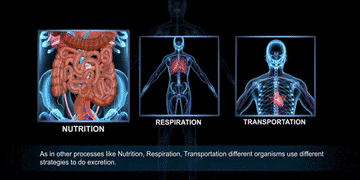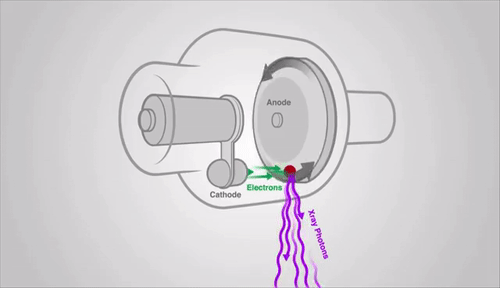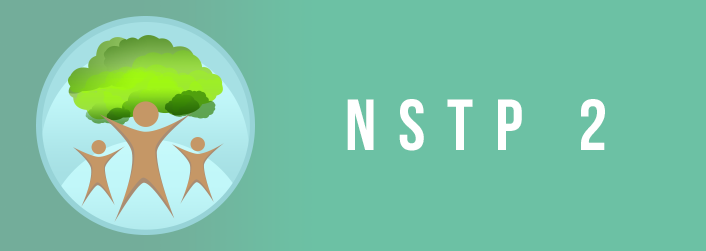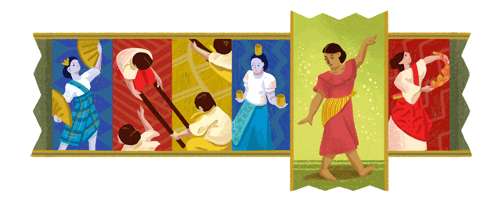Course Description:
This course introduces to students the basic skills, strategies and rules of arnis. It introduces the development of the specific skills of traditional fundamental techniques of striking, blocking and its application and fighting strategies in the form of exercises. It also covers different stances, stick exercises and basic exercises that develop the relax action, agility, flexibility, speed and endurance. It develops movement, which contributes to an all-around physical development. Special training courses for defense and offense techniques for law enforcers
Principles of ethical behavior in modern society at the level of the person, society, and interaction with the environment and other shared resources. Mga simulain ng ugaling pang- etika sa makabagong lipunan sa antas ng pantao at panlipunan at sakaugnayan ng mga ito sa kalikasan at sa ibang kolektibong yaman.
Deals with various medical nomenclatures and their usage as applied to specific system, disease process and injury. A world-building system is introduce to include principle medical root, terms referring to some general aspect of the practice of medicine and its allied profession, medical terms referring to certain general pathological process, infective diseases, diseases of various system of the body. Obstetrics, and terms related to medical instrument and equipment. This also includes this also includes an orientation to understanding radiographic orders and diagnostic report interpretation.
-KRISTINE KATE S. PAMITTAN, RRT (SUBJECT TEACHER)
General Anatomy and Physiology present a balance of anatomical and physiological concepts. This subject enhances and reinforces an understanding of normal human structure and function. Additionally, it includes an introduction of the basic nomenclature and general organization of the human body as well as detailed study of the different bodily systems, its component structure and functions.
C.J. ANGELA J. PINUGU, RRT

This course will be able to instill and initiate to students the concept and health care service arena of Radiologic Technology, thus, this shall enable students to become lenient and patient in their field of the chosen profession. And also, shall develop in them the value of responsibility and love in their studies and their future profession. The subject provides background knowledge on the study of the physical principles of radiation, its nature, characteristics, properties, interaction with matter, and application in radiological science. This course establishes a basic knowledge of atomic structure and terminology.
Subject Teacher: C.J. ANGELA J. PINUGU, RRT
The National Service Training Program 2 (NSTP 102), complements knowledge learned from NSTP101. It is the application and implementation of NSTP Law, which focuses on participation to community development. While NSTP101 provides the backdraft and theoretical framework of the Program, NSTP102 is the continuation and validation phase. It is designed to equip and empower students with the fundamentals of project identification, planning and implementation in pursuit of contributing to the up-liftment of the general welfare and the quality of life of the people in the community through enhancement, in particular, of the school and community facilities.

This course discusses dancing as a form of physical activity. It will let you experience how dancing can become an effective way to maintain an active life for fitness and lifelong health. This course on dance will also introduce to you the different dances in the Philippines so that you may learn to appreciate them as indelible parts of Philippines culture. It will also teach you the rhythmical movements patterns involved in dance.
Specifically, this unit is all about Phases of Dance program and Festival Dance. It hoped that after learning about these types of dances, you will be able to choose a dance that will find your personal need and interest for your own physical fitness.
The unit start with an introduction on physical fitness and nutrition to prepare you for the dancing and related physical activities that you will engage in for entire school year. Then you will be introduced to traditional and modern dances as well as festival dance in recreational or competitive forms.

This course provides an overview of the rudiments of the appreciation, engagement and critique of art. Through the evaluation of different art forms and samples throughout world history, the inextricable linkages of historical, social and philosophical perspectives and aspects of creative thought and process will illustrate the relevance of art to the contemporary individual and society. Students will be confronted with a wide range topics and issues grounded on both theoretical and practical knowledge and skills, challenging them to articulate their understanding on art. This course endeavors to underscore the different art forms, particularly in the Philippines, inculcating the appreciation of the richness and diversity of their culture and heritage.
